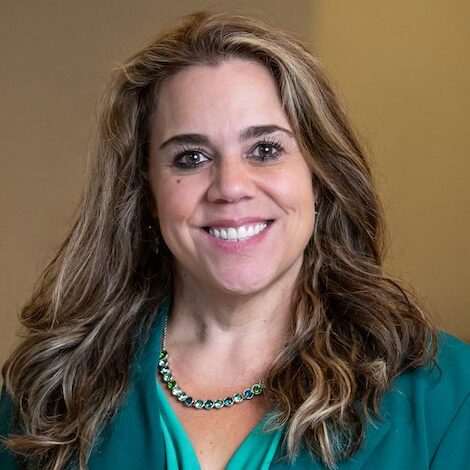CHICAGO, July 23, 2019 — The American Bar Association filed an amicus brief Monday with the U.S. Supreme Court, supporting an appeals court ruling interpreting a provision of U.S. patent law to not allow the government to be reimbursed for its lawyers’ fees regardless of which side prevails in a court appeal of an administrative patent decision.
Under patent law, an applicant dissatisfied with the decision of the U.S. Patent Trial and Appeal Board can seek review by filing an action against the U.S. Patent and Trademark Office (USPTO) in U.S. District Court. But under Section 145 of the law, “all expenses of the proceedings shall be paid by the applicant.” The USPTO has re-interpreted “all expenses” to include payment for its lawyers, but that re-interpretation was found to be an invalid reading of the Section 145 last year by the U.S. Court of Appeals for the Federal Circuit in Washington, D.C.
The government is appealing. In the case at issue, the U.S. District Court for the Eastern District of Virginia granted the USPTO $33,103.89 in expert fees but denied requested attorney fees of nearly $80,000. The ABA’s amicus brief supports the position of Nantkwest Inc., which owns the cancer treatment patent application in question, and asks the Supreme Court to allow the Federal Circuit’s en banc decision to stand. Earlier, a three-judge panel split 2-1 in support of the government’s position.
The ABA brief said without clear congressional authorization, the Supreme Court should not permit the USPTO “to set the price of admission so high that many appellants will be forced to choose not to exercise their rights.”
“The ABA submits that imposing governmental attorneys’ fees on patent applicants who choose civil actions under (the law) will hamper equal access to justice and chill the assertion of meritorious claims,” the ABA brief said, citing ABA policy that supports that position. The USPTO, the brief continued, “now urges a radical, novel departure” from a longstanding interpretation requiring the government to cover its legal fees regardless of which side prevails in a case.
The ABA brief added, “There is no evidence Congress intended Section 145 to be a roadblock to justice, and the (Supreme) Court should not interpret it that way.”
The amicus brief in Nantkwest, Inc. v. Joseph Matal is available here.
About the American Bar Association
With more than 400,000 members, the American Bar Association is one of the largest voluntary professional membership organizations in the world. As the national voice of the legal profession, the ABA works to improve the administration of justice, promotes programs that assist lawyers and judges in their work, accredits law schools, provides continuing legal education, and works to build public understanding around the world of the importance of the rule of law. View our privacy statement online. Follow the latest ABA news at www.americanbar.org/news and on twitter @ABANews.

![[IPWatchdog Logo]](https://ipwatchdog.com/wp-content/themes/IPWatchdog%20-%202023/assets/images/temp/logo-small@2x.png)

![[Advertisement]](https://ipwatchdog.com/wp-content/uploads/2024/04/Patent-Litigation-Masters-2024-sidebar-early-bird-ends-Apr-21-last-chance-700x500-1.jpg)

![[Advertisement]](https://ipwatchdog.com/wp-content/uploads/2021/12/WEBINAR-336-x-280-px.png)
![[Advertisement]](https://ipwatchdog.com/wp-content/uploads/2021/12/2021-Patent-Practice-on-Demand-recorded-Feb-2021-336-x-280.jpg)
![[Advertisement]](https://ipwatchdog.com/wp-content/uploads/2021/12/Ad-4-The-Invent-Patent-System™.png)

Join the Discussion
No comments yet.